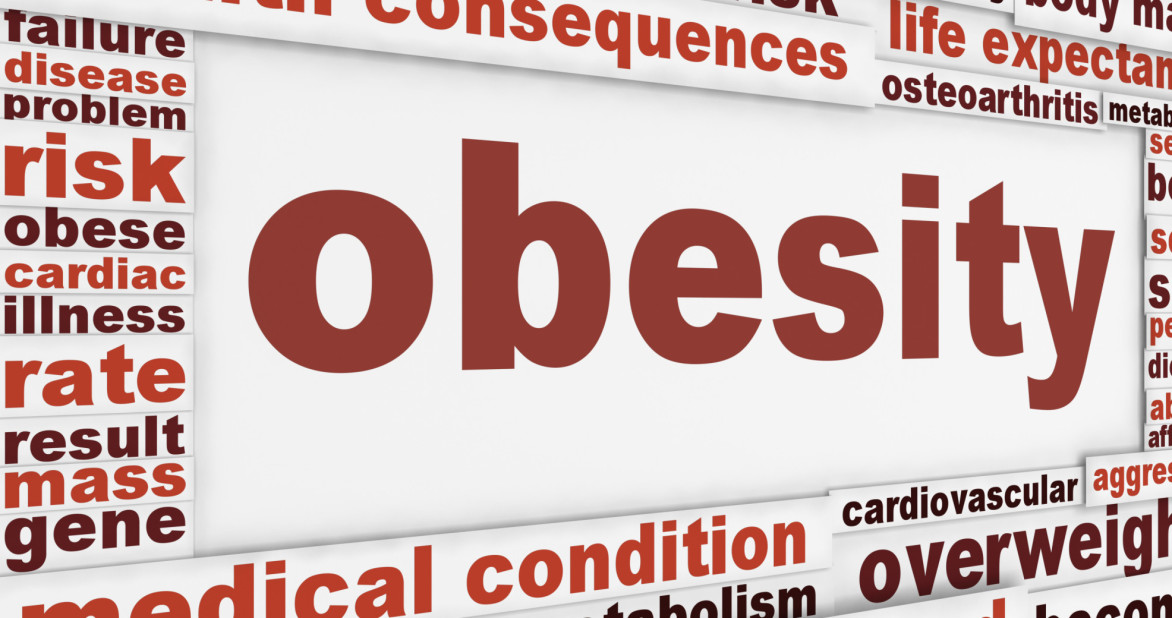Procedural physical activities benefits

Procedural physical activities benefits are essential for healthy living
Procedural physical activities benefits: Children weight gain solutions
The procedural physical activities that benefits children should be moderate intensity aerobic. The children’s daily physical activity should ensure proper variance of age and physical development of the child. According to the experts at AWAREmed health and wellness resource center under the leadership of doctor Dalal Akoury MD many people today live very inactive lives and may find it difficult to engaging in physical activity. Doctor Akoury advises that when such people decides to begin losing weight through physical activity programs for the first time, it is important that they do so under close supervision to avoid injury. That is to say, if you haven’t been active in the past, it is necessary that you start slowly and build up the intensity little by little:
- When starting out, one way to be active is to do more everyday activities, such as taking the stairs instead of the elevator and doing household chores and yard work.
- The next step is to start walking, biking, or swimming at a slow pace, and then build up the amount of time you exercise or the intensity level of the activity.
- To lose weight and gain better health, it’s important to get moderate-intensity physical activity. Choose activities that you enjoy and that fit into your daily life.
- A daily, brisk walk is an easy way to be more active and improve your health.
- Use a pedometer to count your daily steps and keep track of how much you’re walking.
- Try to increase the number of steps you take each day.
- Other examples of moderate-intensity physical activity include dancing, gardening, and water aerobics.
As you progress you will want to experience the greater health benefits out of this exercise, therefore try increasing your level of activity or the span of time you’re active. For instance, you may choose to start walking for 10-15 minutes three times a week and then graduate to brisk walking for 60 minutes, 5 days a week.
Procedural physical activities benefits: Behavioral changes
Altering or transforming your behaviors or habits related to food and physical activity is essential for losing weight.
- First, understand which habits persuade you to overeat or have an inactive lifestyle.
- Then, change these habits.
Guideline and tips useful in adopting healthier habits
Change of surroundings – It is possible that you may overeat when watching a TV program, when treats are available at work, or when in the company of some of your friends. If this describes you, try adopting the following:
- Instead of sitting to watch TV, dance to music in your living room or go for a walk.
- Leave the office break room right after you get a cup of coffee.
- Bring a change of clothes to work. Head straight to an exercise class on the way home from work.
- Create a reminder note on your calendar to remind yourself to take a walk or go to your exercise class.
Keep a record – You can be inspired by the progress you make by observing the records of your food intake and the amount of physical activity you do each day. For example, positive records indicate that you’ve been meeting your physical activity targets, this will motivate to keep it up.
Seek support – Relay on the support and encouragement from your friends, family, and health care provider either in person, through e-mail, or by talking on the phone or by joining a support group. Finally, as you purpose to practice these guidelines you can schedule an appointment with doctor Akoury for an exclusive professional recovery process that will leave you healthier and active.
Procedural physical activities benefits: Children weight gain solutions
http://regenerativepotential.com/wp-admin









